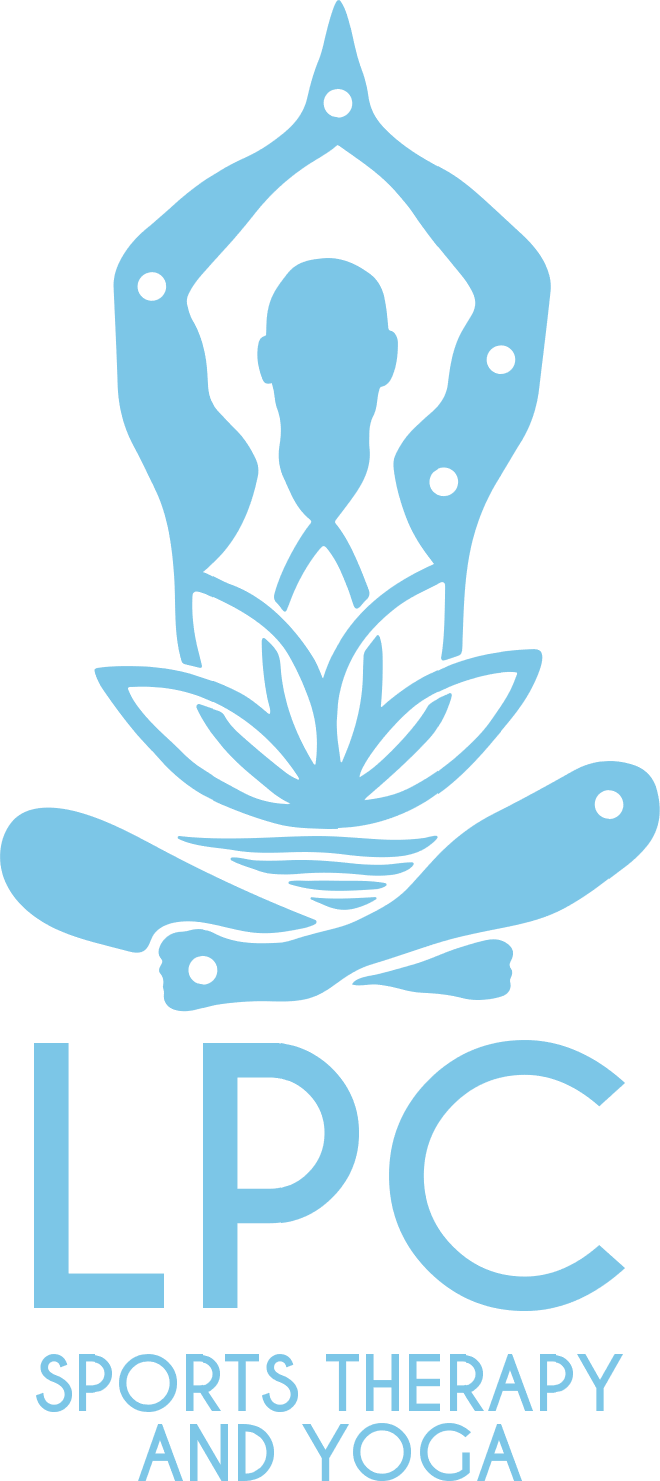Managing Stress and Anxiety Through Wellness Coaching
Stress and anxiety have become an unavoidable part of modern life. From demanding work schedules to personal challenges, our nervous system is often in a state of high alert, making it difficult to relax, focus, and function optimally.
But what if you could rewire your mind and body to respond to stress in a healthier way? Through Wellness Coaching, using techniques such as Rational Emotive Behavior Therapy (REBT), Neuro-Linguistic Programming (NLP), Hypnosis, and Timeline Therapy, you can retrain your nervous system, manage anxiety more effectively, and create lasting inner balance.
At LPC Therapies, we integrate these methods to help you understand your triggers, set new calming responses, and achieve your goals with clarity and confidence.
Understanding Stress & Neuroceptive Awareness
Your body is constantly scanning the environment, assessing whether you are safe or in danger—this is called neuroception. When you perceive a threat (even if it’s just an email notification or a difficult conversation), your nervous system triggers a stress response, preparing you to fight, flee, or freeze.
However, chronic stress keeps this alarm system switched on, leading to:
🔴 Constant worry and overthinking
🔴 Fatigue and difficulty concentrating
🔴 Irritability and mood swings
🔴 Sleep disturbances
🔴 Physical symptoms like headaches and tension
The key to managing stress isn’t eliminating challenges, but changing how your mind and body respond to them. Wellness Coaching helps you develop awareness of your triggers and replace unhelpful reactions with calming techniques that restore balance.
Techniques Used in Wellness Coaching
1. Rational Emotive Behavior Therapy (REBT)
REBT is a powerful cognitive therapy that helps you identify and challenge irrational beliefs that fuel stress and anxiety.
🚀 How it works:
• You learn to recognize negative thought patterns (e.g., “I must be perfect or I’ll fail”).
• You replace these rigid beliefs with more flexible, empowering thoughts.
• Over time, stress levels drop, and confidence grows.
🔹 Daily Practice: When you feel anxious, ask yourself:
“Is this thought helping me or holding me back?”
Reframe it to be more constructive and self-supportive.
2. Neuro-Linguistic Programming (NLP)
NLP explores how language, thoughts, and behaviors influence your mental state. It allows you to reprogram subconscious patterns, reducing stress and increasing resilience.
🚀 How it works:
• You learn how to shift your inner dialogue to create a positive, solution-focused mindset.
• You anchor new emotional states to replace stress triggers with calming responses.
• You use visualization techniques to rehearse success and confidence.
🔹 Daily Practice: Try “pattern interruption”—if you notice stress building, pause, breathe deeply, and redirect your focus to a calming image or mantra.
3. Hypnosis for Deep Relaxation & Reprogramming
Hypnosis helps to quiet the conscious mind and directly access the subconscious, where deep-seated stress patterns are stored.
🚀 How it works:
• You enter a deeply relaxed state where your mind is more receptive to positive suggestions.
• You release old fears and limiting beliefs tied to stress and anxiety.
• You install new, empowering mental programs to remain calm under pressure.
🔹 Daily Practice: Listen to a guided hypnosis recording before bed to train your mind to let go of stress and adopt a more relaxed baseline state.
4. Timeline Therapy: Releasing Emotional Baggage
Timeline Therapy is a transformational technique that helps you release unresolved emotions (such as fear, anger, or sadness) stored in your subconscious.
🚀 How it works:
• You revisit key moments in your personal timeline where stress responses were formed.
• You detach from old emotional triggers, replacing them with empowering beliefs.
• You mentally “travel” into the future, visualizing your best self responding to challenges with ease.
🔹 Daily Practice: Take 5 minutes to imagine your future self, calm and confident, handling stress with grace. This primes your brain to act in alignment with this new version of you.
Creating Helpful Triggers to Calm the Nervous System
We all have automatic stress triggers—certain people, places, or situations that make our heart race and mind spin. But the good news is, we can consciously create new, calming triggers to shift us into a more productive, centered state.
How to Set Calming Triggers:
✅ Breathwork Anchor: Every time you feel stress rising, take a deep breath in, hold for four seconds, and exhale slowly. Repeat until your body relaxes.
✅ Touch-Based Anchor: Press your thumb and forefinger together when feeling calm. Over time, your brain will associate this gesture with relaxation, and you can use it to trigger calmness in stressful situations.
✅ Music & Movement: Identify a song, mantra, or movement (like stretching or tapping) that instantly shifts your energy from stressed to grounded.
✅ Essential Oils or Scents: Your sense of smell is deeply linked to emotion—carry a calming essential oil (like lavender or chamomile) and inhale when you need a reset.
By training your nervous system to associate stress triggers with calming responses, you create a more optimum state for focus, productivity, and success.
Final Thoughts: Reclaim Your Inner Calm
Managing stress and anxiety isn’t about eliminating challenges—it’s about learning how to navigate them with greater awareness, strength, and resilience. Through Wellness Coaching and techniques like REBT, NLP, Hypnosis, and Timeline Therapy, you can rewire your mind, reset your nervous system, and create a state of calm, clarity, and confidence.
Are you ready to take control of your stress and unlock your full potential?
At LPC Therapies, we provide personalized Wellness Coaching sessions designed to help you:
✅ Identify and reprogram stress triggers
✅ Develop calming techniques tailored to your lifestyle
✅ Create a mindset that supports success and well-being
Book a session today and start your journey toward a calmer, more empowered you.
👉 Book Now

